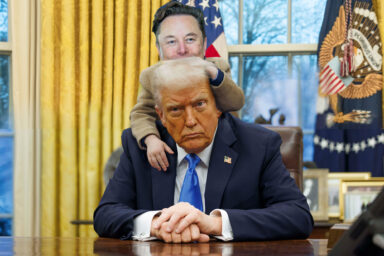Are you one of those who tries to buy the offbeat brands, because they’re made by small, locally-owned, family businesses, and tend to use more wholesome ingredients than the giant manufacturers? As someone who makes an effort in that regard, I sometimes wonder whether the companies are indeed the delightful anachronisms they present themselves as. For one answer, check out this “consumer lite” investigation over at AlterNet, which notes:
My first introduction to natural, organic and eco-friendly products stems back to the early ’90s, when I stumbled upon Burt’s Bees lip balm at an independently owned health food store in the heart of Westport, Kansas City, Mo….I was surprised more recently when I saw Burt’s Bees products everywhere — in grocery stores, drug stores, corner bodegas and big-box stores like Target and Wal-Mart. I thought to myself, fantastic; the marketplace is working, and good for Burt. He has made his mark, and the demand for his products is on the rise.
Needless to say, I was shocked when I recently found out that Burt’s Bees is now owned by Clorox, a massive corporate company that has historically cared very little about the environment, but whose main industry is directly associated with harmful chemicals, some of which require warning labels for legal sale.
You’ll need to mind more than Burt’s beeswax, according to this article. Tom’s of Maine, maker of wholesome versions of deodorant and toothpaste that is featured at Trader Joe’s and natural food stores, is owned by Colgate-Palmolive, “a massive, tanklike company with an estimated 36,000 employees and revenue of approximately $11.4 billion. Its big products include: Ajax, Anbesol and Speedstick.”
And on and on it goes. Stonyfield Farms, Horizon Organic Milk, etc, etc. Makes you want to see a consortium of the remaining actual independent brands—assuming there still are some— do something for public awareness.


